Myanmar Awards Cellphone Licenses
By THOMAS FULLER and ERIC PFANNER
Published: June 27, 2013
BANGKOK — Myanmar announced the winners of a landmark telecommunications auction Thursday, pressing ahead with plans for badly needed investment despite opposition from some members of Parliament and confusion stemming from the lack of a national law for the industry.
More Tech Coverage
News from the technology industry, including start-ups, the Internet, enterprise and gadgets.
On Twitter: @nytimesbits.
On Twitter: @nytimesbits.
Telenor Mobile Communications of Norway and Ooredoo of Qatar won the 15-year concessions for mobile phone networks. France Télécom and Marubeni Communications of Japan were selected as backups if the winners failed to meet “post-selection requirements,” a government statement said.
At a time of severe tension between the Buddhist majority in the country and the Muslim minority, the selection of a company from a Muslim country, Qatar, drew immediate criticism from a growing anti-Muslim movement that is openly calling for a boycott of all companies and products associated with Muslims. Buddhists posted angry comments on Facebook questioning why the government had selected a Muslim company.
Ashin Wimala, a Buddhist monk and one of the leaders of the 969 movement, the nationalist Buddhist group advocating the boycott, called for a boycott of Ooredoo. “Did the government have such little choice?” he said. “Why did they award this to a Muslim company?”
U Ye Htut, a government spokesman, said religion was not a factor in the selection. “We selected them for a license on the basis of their services — they have a good telecom service in Singapore,” he said, referring to Ooredoo.
After decades of oppressive military rule, during which the government deliberately kept mobile phones in short supply, the licenses are a potent symbol of Myanmar’s opening to the world and the newfound freedoms for the country’s 55 million people.
Only 3 percent of the population had a mobile phone in 2011, the last year for which data are available, a startlingly low number at a time when mobile phones are ubiquitous even in the poorest corners of the world. Three years ago, when Myanmar was still under military rule, a mobile phone SIM card cost the equivalent of about $2,500, making the phones a preserve of the rich. In neighboring Laos, a country with similar levels of grinding poverty, mobile phone penetration is 87 percent.
Although analysts in recent weeks said they had been generally impressed with the way the bidding process had been carried out, the hours before the announcement were cloaked in confusion. The lower house of Parliament, asserting itself in ways that are novel for a country still recovering from decades of rule by military fiat, voted Wednesday to delay the awarding of licenses until a telecommunications bill was passed into law.
The government ignored the resolution, and on Thursday a senior official appeared to persuade some members of Parliament to change their minds and allow the awarding of the contracts, according to local media accounts.
The government’s eagerness to push ahead with the licenses may derive partly from President Thein Sein’s desire for voters to feel tangible results from the country’s economic liberalization and democratization before general elections scheduled for 2015. Mr. Thein Sein has repeatedly told foreign investors of the need for speed in implementing their projects.
The conditions of the license call for a swift rollout of both voice and data networks: Coverage must reach a quarter of the population within a year. Within five years, half of the population must have access to cellular data services, and three-quarters must be able to make voice calls.
The mobile phone carrier contracts are seen as crucial for Myanmar’s economy as a whole because they will allow for things like banking or payment applications in an economy that is almost entirely based on cash. Smartphones will also potentially bring millions of consumers to the Internet.
But the task for the winners of the auction is gargantuan. Only 13 percent of the population has access to electricity in Myanmar, a logistical challenge for the placement of cellular transmission towers, which need steady access to power.
Security is also an issue in borderland areas where there is still sporadic fighting between armed ethnic militias and the Myanmar army.





















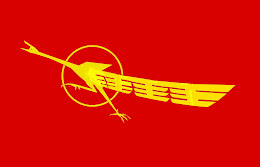





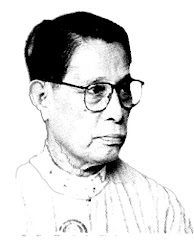




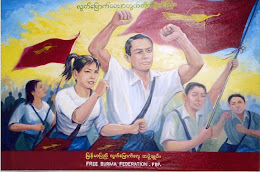





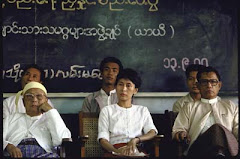

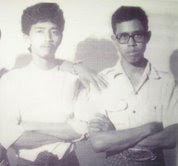

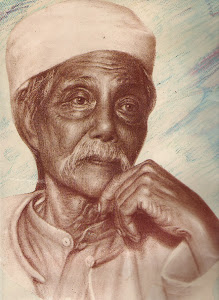
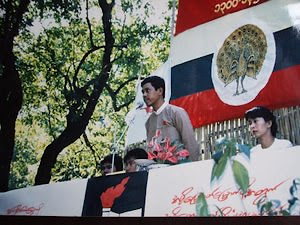
No comments :
Post a Comment